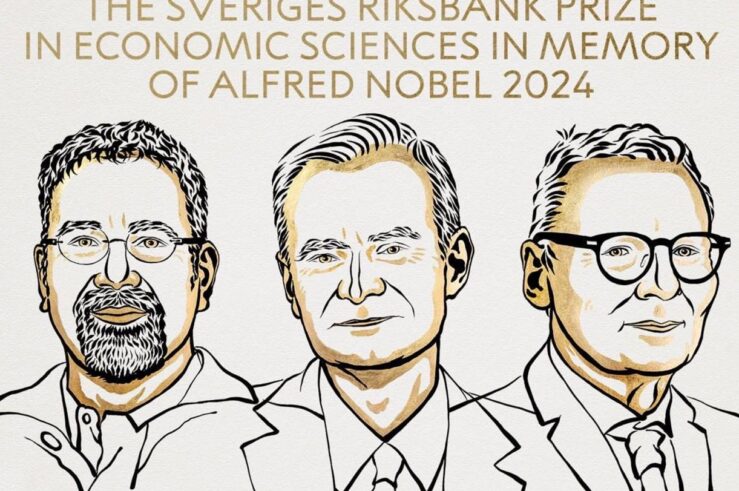According to AmLaw, citing unnamed sources, Howrey will vote this Wednesday on whether to dissolve. Given massive departures that the article says “have left Howrey a shadow of its former self” the conclusion would seem to be foregone.
So now what? Consider some of the questions:
- How much does the firm owe, and what does it own? Will it face bankruptcy?
- Can the creditors claw back recent distributions to the partners?
- Who gets fees from pending cases?
- Who will finish these cases, and how will they get paid? Howrey is based in DC and so, I assume, governed by DC law. DC has adopted the Revised Uniform Partnership Act which provides that winding up partners get extra compensation in the absence of contrary agreement. I don’t know what the agreement says.
Howrey, like the rest of Big Law, has a big business’s problems. Yet the general partnership law that governs it was designed for family farms. We’ve seen that the business can unravel faster than Enron and scatter to the four winds, leaving creditors and clients forlornly gazing at a website that still says:
We know that our firm is a large, multi-faceted, growing, global business that requires planning, innovation and investment to keep pace with the complex disputes our clients face. We understand that sound business principles must also be applied to the large, demanding and costly litigations we manage. Innovative staffing, reliable budgeting and budget management, technology based support systems, and other value engineering techniques are all components of the Howrey case management strategy.
It is time that the reality of the law business matched its pretensions. A real business needs real assets which, as I’ve written, “Big Law” doesn’t have. That means 21st century info tech and intellectual property. All of which requires a rethinking both of the business model and of the rules that govern it.




